The Royal Air Force’s VIP Voyager, a tanker also fitted to carry senior officials, recently encountered an issue over the North Sea.
This Voyager KC3, primarily used to transport the British royal family, the Prime Minister, and government ministers, but at the time engaged with aerial refuelling, declared an issue at approximately 15:50 by issuing ‘squawk 7700’—an international code signalling a general emergency.
**UPDATE: The aircraft has landed safely. **
The RAF’s VIP Voyager has ‘squawked’ 7700 while over the North Sea. 7700 is a “general emergency” squawk. It tells ATC that a particular aircraft has a problem. The aircraft is returning to base, and the Ministry of Defence has been asked for comment. pic.twitter.com/wCCDWAmk77
— UK Defence Journal (@UKDefJournal) August 27, 2024
Vespina, registered as ZZ336, is a customised version of the RAF’s standard multi-role tanker transport (MRTT) aircraft and is equipped with advanced secure satellite communications, missile detection systems, and specialised seating configurations to accommodate its high-profile passengers.
It is part of the RAF’s Voyager fleet operated by No. 10 Squadron, based at RAF Brize Norton in Oxfordshire. While on VIP missions, Vespina is staffed by a dedicated crew of thirteen, including two flight deck officers and eleven cabin crew members.
The Ministry of Defence has been approached for comment on the incident. Previously, it was explained that squawking 7700 or declaring an emergency is not particularly unusual; doing so allows aircrew to get priority over other air traffic, enabling expeditious recoveries if issues occur.
Safety remains paramount, I was told, so if there is any doubt, a precautionary recovery at a suitable airfield is always completed.
This aircraft, first converted to its VIP role in 2016, initially retained the standard RAF Voyager fleet’s low-visibility matt-grey exterior. However, in June 2020, Vespina was given a new gloss-white livery emblazoned with the ‘Global Britain’ motif, marking its distinctive role.
Despite its special designations and appearance, the aircraft officially remains identified by its military registration, ZZ336, with ‘Vespina’ serving more as a ceremonial name than an operational call sign.
Given the aircraft’s sophisticated systems and experienced crew, the RAF is well-prepared to handle any in-flight issues. The details of the emergency and the subsequent actions taken by the crew have yet to be fully disclosed, but we will update you when we have more.
At the UK Defence Journal, we aim to deliver accurate and timely news on defence matters. We rely on the support of readers like you to maintain our independence and high-quality journalism. Please consider making a one-off donation to help us continue our work. Click here to donate. Thank you for your support!



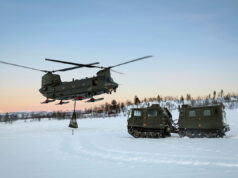


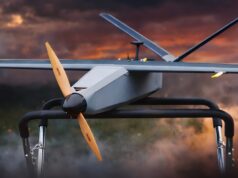
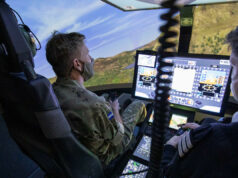
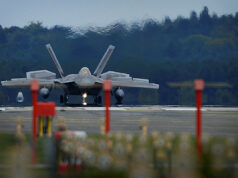
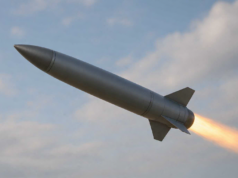


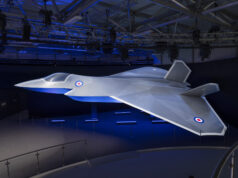

In the mornings, I tend to take a look at the latest headlines on MSN, you know the ones that say stuff like, Britain to be battered by hurricane strength winds and ten years worth of rain and Severe structural damage.
It’s all just sensationalist guff really though.
I then take a look at the latest UKDJ articles and feel that good old fashioned journalistic way of working is still holding fast.
You look at a clickbait website and are surprised to see clickbait?
That’s on you, my friend. It’s like complaining that the Daily Star doesn’t do investigative journalism.
Yes, I like a good laugh and then I come here and see comments like yours. Starts the day well ! 😉
Probably ran out of coffee. A dire emergency
The Headline drew me in and i was expecting some terrible story but it all sort of just fizzed away.
I know that these emergencies happen a lot and it’s rather routine so not that often reported.
Dam i thinking the new PM gone down with the plane!!!